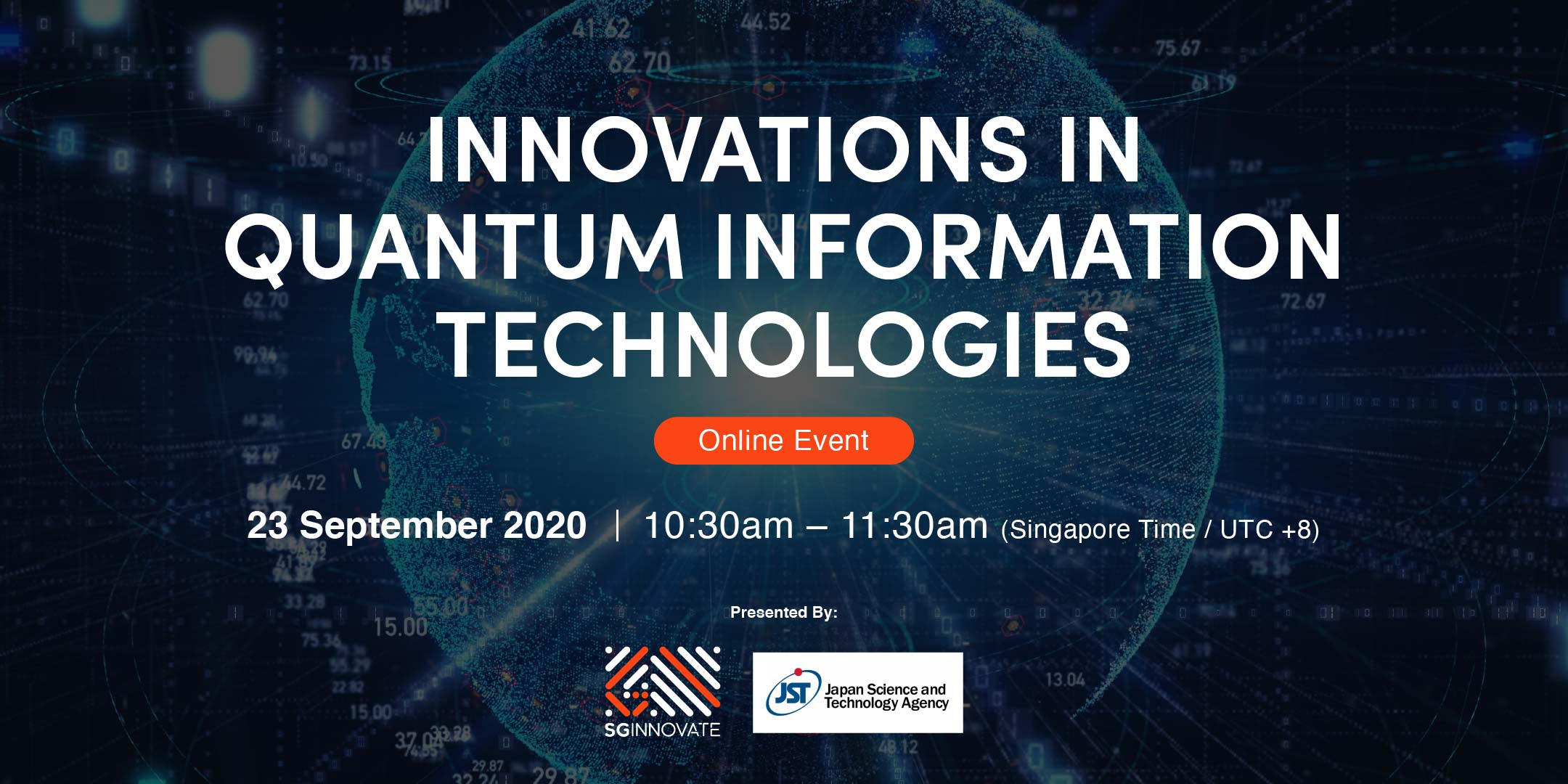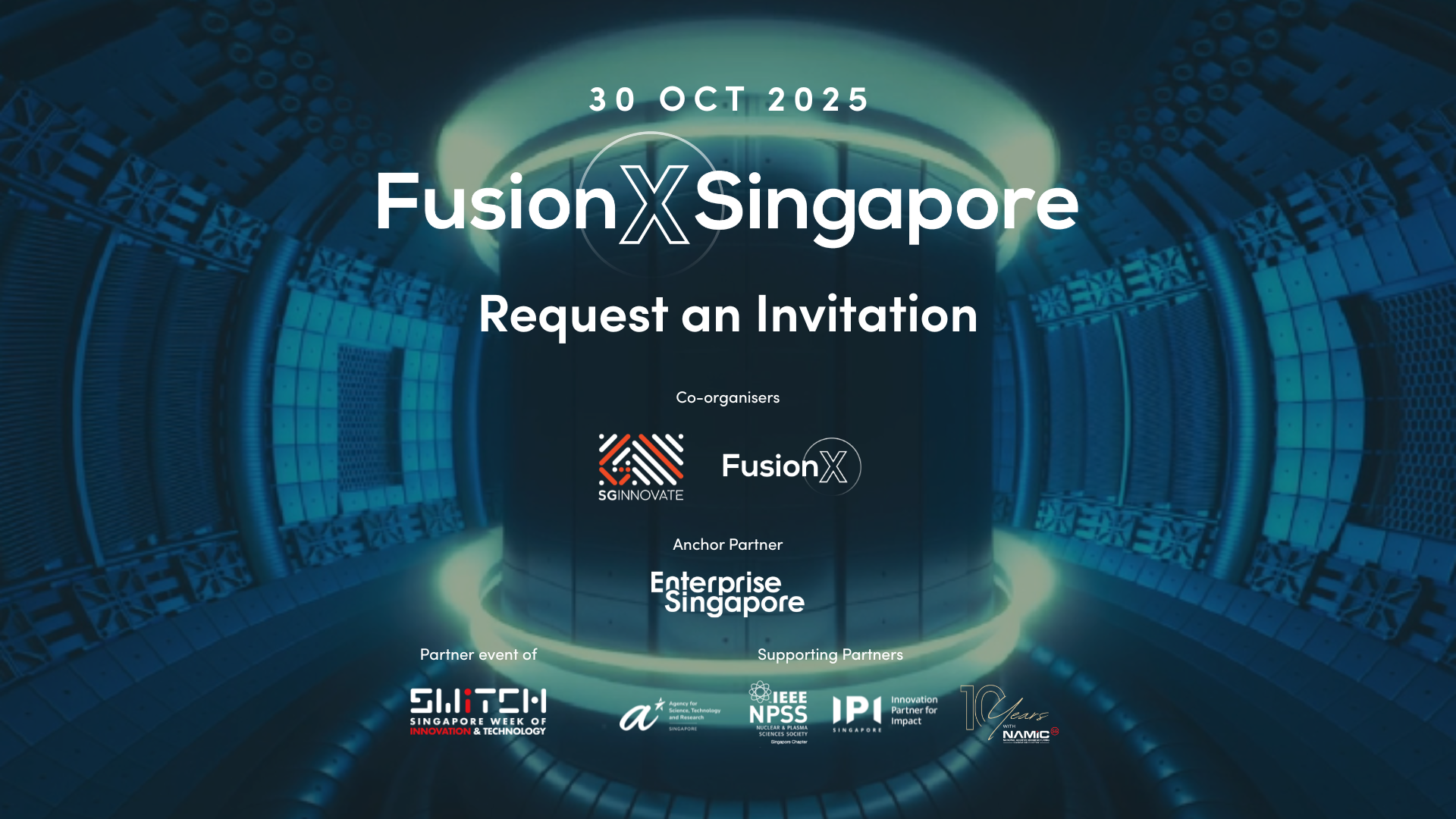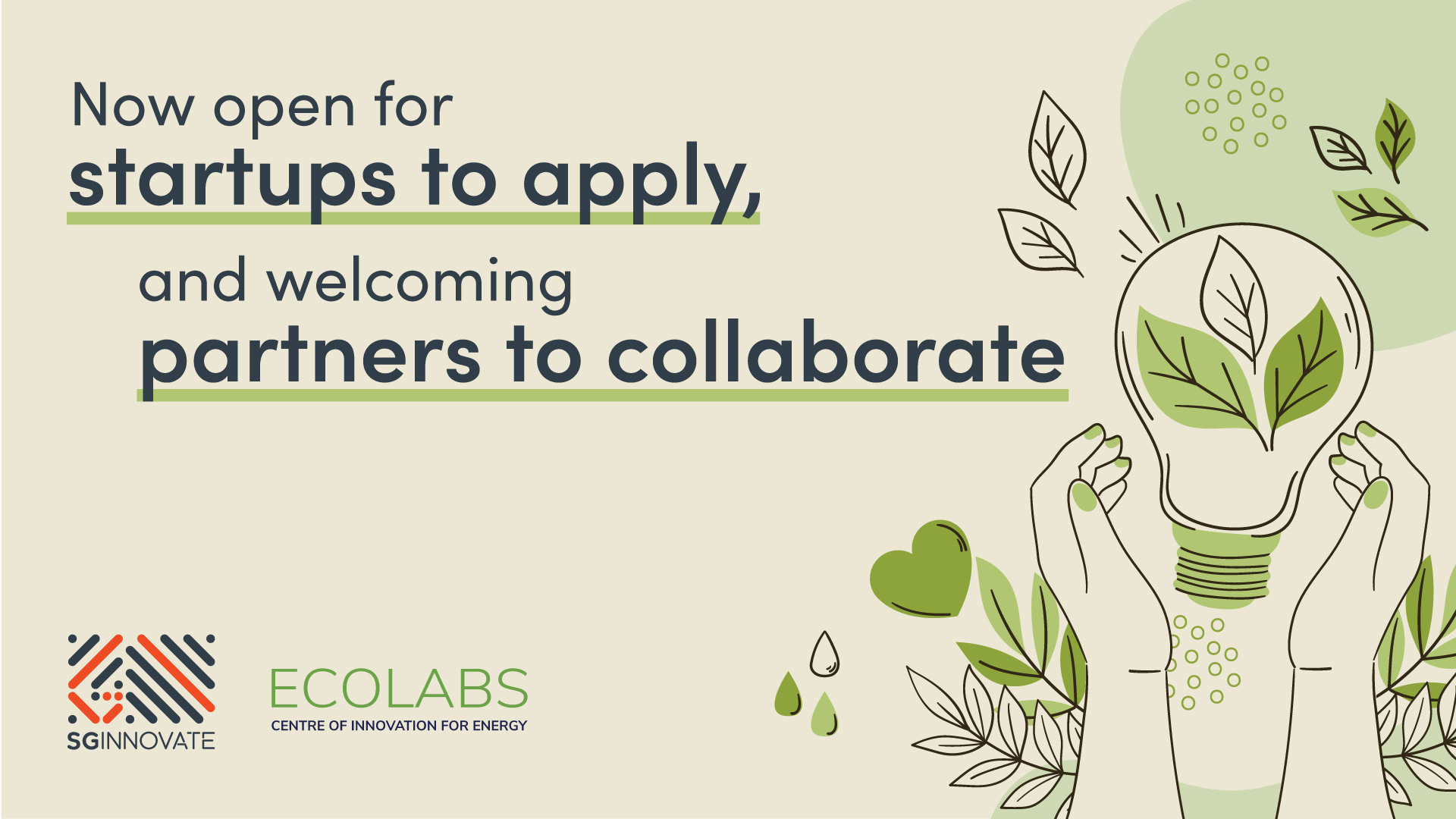Overview
The worldwide effort for the development of Quantum Technology has accelerated. However, there are still many challenges to developing Quantum Information Technology for implementation in a real-world environment and as a solution to real problems.
In this two-part series, join our expert speakers as they introduce cutting-edge research on the following topics:
- Architecture of a Quantum Information Processing system
- Quantum Software and Computing algorithms
- Application of Quantum Information Processing
- Adaptive Learning with Quantum Science
Join us at the second instalment here.
With the purpose to bridge Japan's and Singapore's Science, Technology and Innovation ecosystems for knowledge sharing and collaboration opportunities, SGInnovate and the Japan Science and Technology Agency are co-presenting a series of talks by notable startups, researchers and corporate innovators on various Deep Tech topics.
Date: 23 September 2020, Wednesday
Time 10:30am - 11:30am (Singapore Time, / UTC+8)
Programme:
10:30am - 10:35am: Opening Remarks by SGInnovate and Japan Science and Technology Agency
10:35am - 10:55am Presentation on Statistical Methods for Accelerating the Development of a Quantum Computer by Dr Takanori Sugiyama, Project Research Associate, University of Tokyo
10:55am - 11:15am Presentation onDirect Estimation of The Energy Gap Between the Ground State And Excited State With Quantum Annealing by Dr Yuichiro Matsuzaki, Senior Researcher, National Institute of Advanced Industrial Science and Technology (AIST)
11:15am - 11:35am:Presentation on Interfacing Adaptive Learning with Quantum Science Sensing and Beyond byDr Mile Gu, Nanyang Assistant Professor, Nanyang Technological University and Research Assistant Professor, Centre for Quantum Technologies
Speakers' Profiles:
Dr Takanori Sugiyama, Project Research Associate, the University of Tokyo
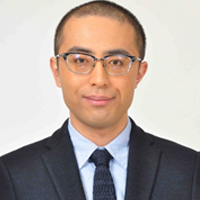
Dr Takanori Sugiyama is a Project Research Associate at the University of Tokyo and a Precursory Research for Embryonic Science and Technology (PRESTO) researcher at the Japan Science and Technology Agency.
In 2013, he obtained his Doctor of Science from the University of Tokyo in the field of Quantum Information Theory. He also worked in the Institute of Theoretical Physics, ETH Zurich and was part of the Theoretical Statistics group in Osaka University as a postdoctoral student. In 2017, he joined an experimental group at the University of Tokyo which focused on Superconducting Quantum Computers and in 2019, he joined the Japan Science and Technology Agency.
Since his graduate studies, he has been working on statistical methods for developing a Quantum Computer.
Dr Yuichiro Matsuzaki, Senior Researcher, National Institute of Advanced Industrial Science and Technology (AIST)
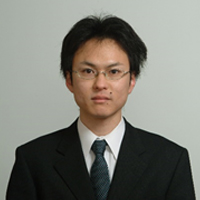
Dr Yuichiro Matsuzaki received his PhD at the University of Oxford for his research about the theoretical aspect of measurement-based Quantum Technology in 2011. Subsequently, he started working at NTT Basic Research Laboratories as part of a superconducting qubit group. From 2019 onwards, he joined the National Institute of Advanced Industrial Science and Technology to work on Quantum Computation and Quantum Annealing.
Dr Mile Gu, Nanyang Assistant Professor, Nanyang Technological University and Research Assistant Professor, Centre for Quantum Technologies

Dr Mile Gu is a Nanyang Assistant Professor in the School of Physical and Mathematical Sciences at the Nanyang Technological University in Singapore. He is also a Research Assistant Professor with the Centre for Quantum Technologies (CQT) at the National University of Singapore.
His research interests lie in exploring the surprising connections between complexity and quantum science. He established his research group in Singapore after receiving a fellowship from the National Research Foundation for work on "Enhancing the Efficiency of Modelling and Simulating Complex Systems via Quantum Mechanics" in 2016. Prior to that, he was faculty at Tsinghua University in Beijing under China's thousand talent program. He earned his PhD in the field of quantum computing from the University of Queensland in 2009.



